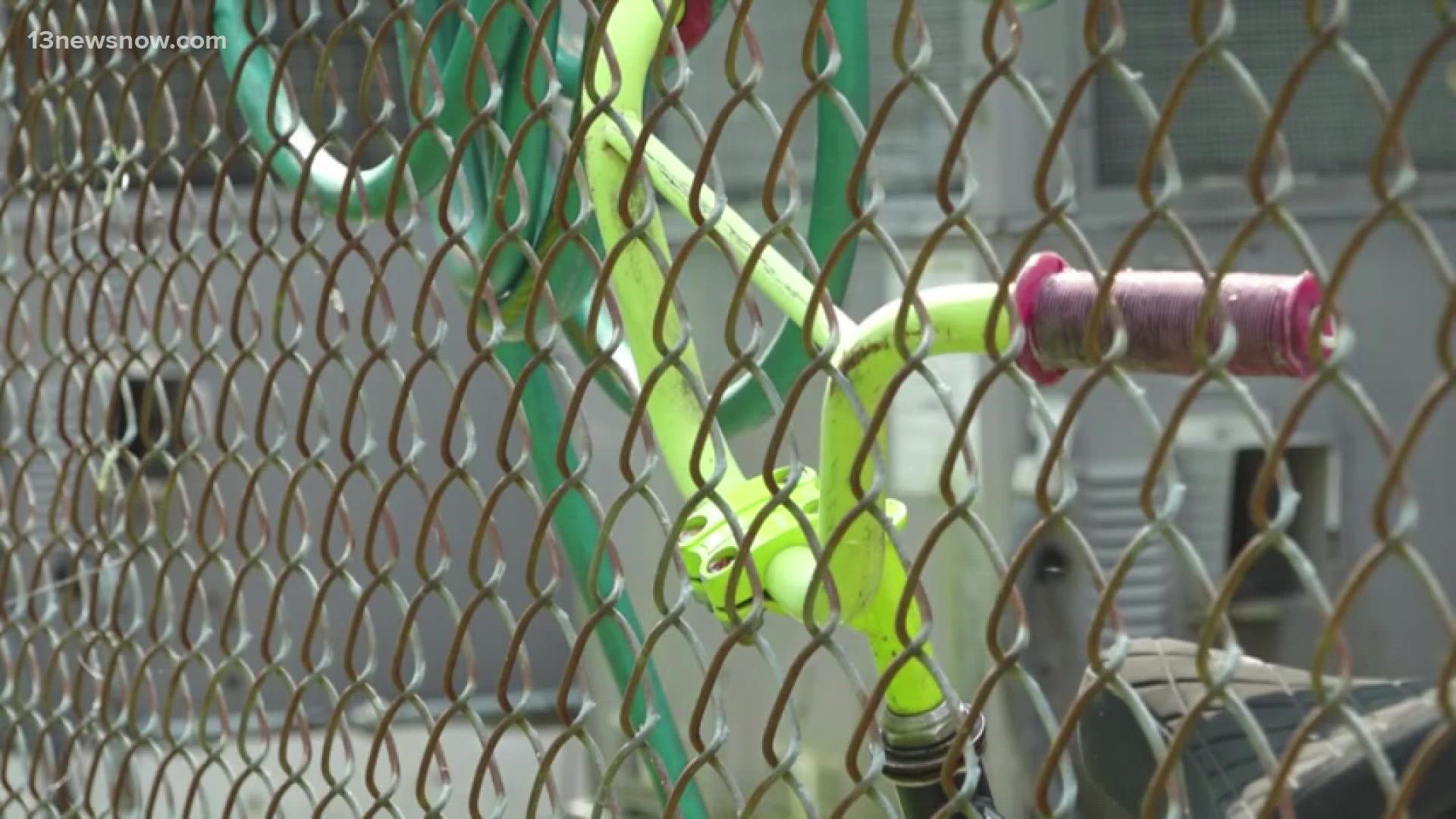HAMPTON, Va. — The seven counts of child neglect charges against Cory Bigsby, 43, stem from confessions police said he made.
According to court documents, Bigsby admitted to leaving his young children home alone for several hours, once in December and once in January, describing them as "too much of a burden to take out with him."
While these instances are not linked to 4-year-old Codi Bigsby's disappearance, they sparked concern for people in the community.
Bigsby's confession has led to a larger conversation about ways to protect children and detect signs of trouble at home.
"It can translate so different for every child," said LaShonda Carson, program director with Samaritan House, a non-profit based in Virginia Beach that helps people who are fleeing violence or recovering from homelessness.
Carson said it's important to listen to kids.
"Listen more than speaking and directing, is a hard thing for adults to do. And then just having an open ear, watching patterns, watching changes," Carson added.
She described how awareness and action can go a long way.
"Just a thought or suspicion, certainly [you] would want to call the child abuse hotline," said Carson.
The Virginia Child Abuse Hotline is open 24/7 at 1-800-552-7096.
And Carson put it like this — consider that you're perhaps one piece to a puzzle.
"Say for example, you notice a child become more withdrawn and someone else notices a child have a mark on them, the same child," she said. "All these different pieces of the puzzle come together and that's what it looks like for a community to keep a child safe."
Moreover, Carson said if you notice something like an altercation, you should report that too.
"Children witnessing domestic violence throughout their lives. It impacts them as well, even if they aren't directly involved in that" she added.
As for prevention, Carson believes it's also about having genuine and authentic conversations with neighbors, "and just making yourself known if you're available to support them. There might be people who just don't have the support system they might need."
Carson also suggested taking training courses or using Department of Social Services educational resources to become more informed.

